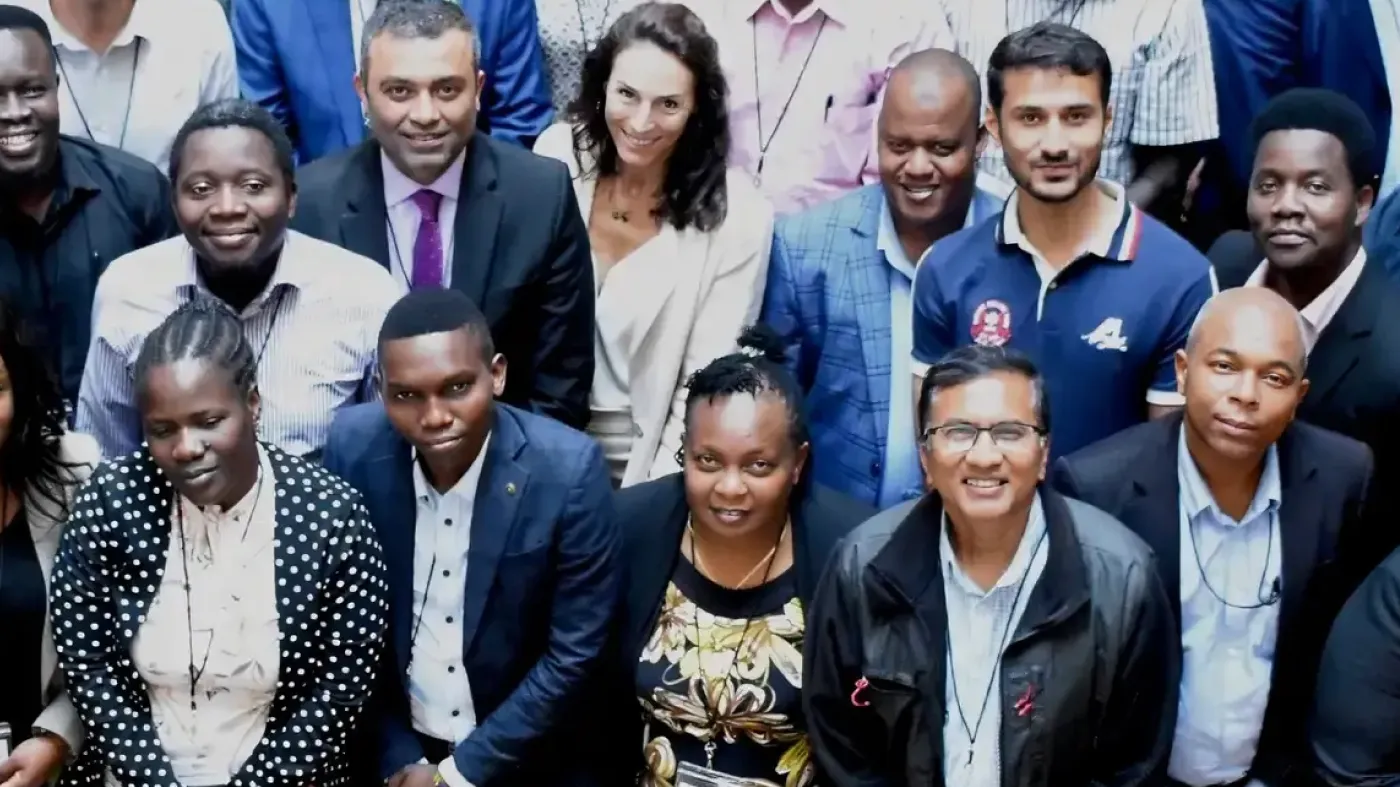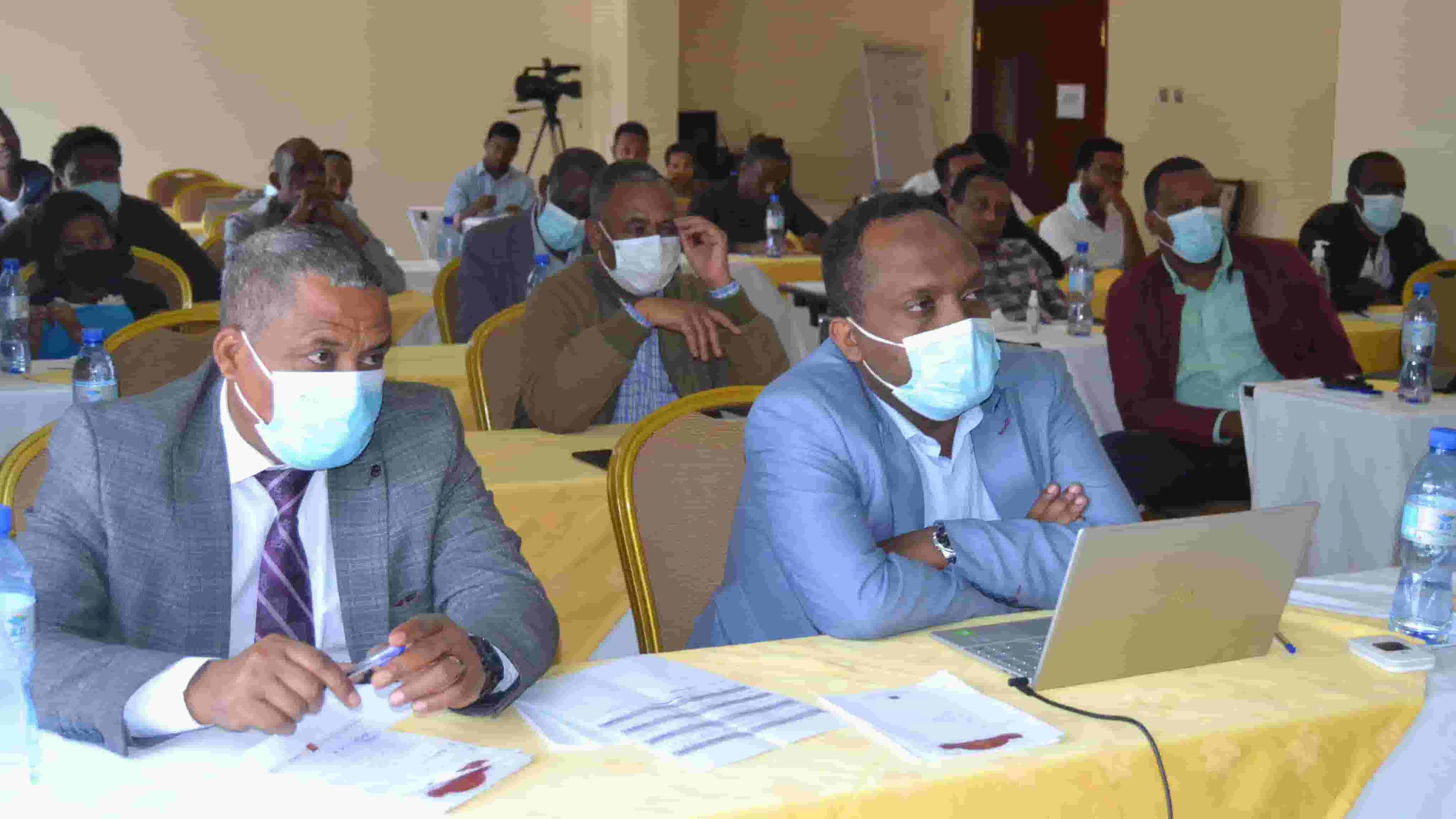Download All Country Data
For a country to respond effectively to public health emergencies, it needs both the clear legal authority to take decisive action and the flexibility to adapt to dynamic situations. This authority is important not only during times of crisis—when it might be used to implement mitigation measures such as masking or lockdowns—but also to enact non-emergency laws that enable epidemic preparedness and strengthen national health security. The importance of strong legal frameworks to a country’s ability to prevent, detect and respond to public health threats is recognized in the World Health Organization’s Joint External Evaluation (JEE)—a tool that measures epidemic preparedness across 19 technical areas, one of which is Legal Instruments.
Nigeria’s 2017 JEE found gaps in the country’s legal and policy framework for preparedness. For instance, it noted that Nigeria had not yet assessed if its legislation was sufficient to comply with International Health Regulations (2005), a legally binding agreement to strengthen preparedness for and response to public health emergencies; it also found that a number of the country’s legal instruments and policies were old and needed review. Officials undertook a comprehensive assessment of the nation’s legal landscape to identify which laws could be improved. Complicating this, however, was the fact that Nigeria is a federated nation composed of 36 different states and a Federal Capital Territory, each with its own law-making authority.
In practice, this means that some public health areas are governed nationally (e.g., quarantine measures) while others fall to states (e.g., environmental protections and disease surveillance). A legal framework to make Nigeria better prepared for epidemics would thus need to incorporate both national and state-level provisions.
A guide for effective health security laws in every state
To support Nigeria’s states in strengthening their laws, the Nigeria Centre for Disease Control (NCDC), with support from Resolve to Save Lives (RTSL), developed a comprehensive guide to assessing subnational legal frameworks. The guide helps officials compile a state’s existing public health laws and regulations, identify gaps and mark priority actions the state can undertake to address them. After completing this analysis, states can draft subnational health security bills to close identified gaps while ensuring alignment with the Constitution and relevant national health security laws.
The guide outlines 13 thematic areas that public health laws can fall under, including human rights protections and management of points of entry. It includes guiding questions to assess whether laws meet necessary standards—for example, whether a state law “protects human rights and fundamental freedoms during public health surveillance and response activities.”
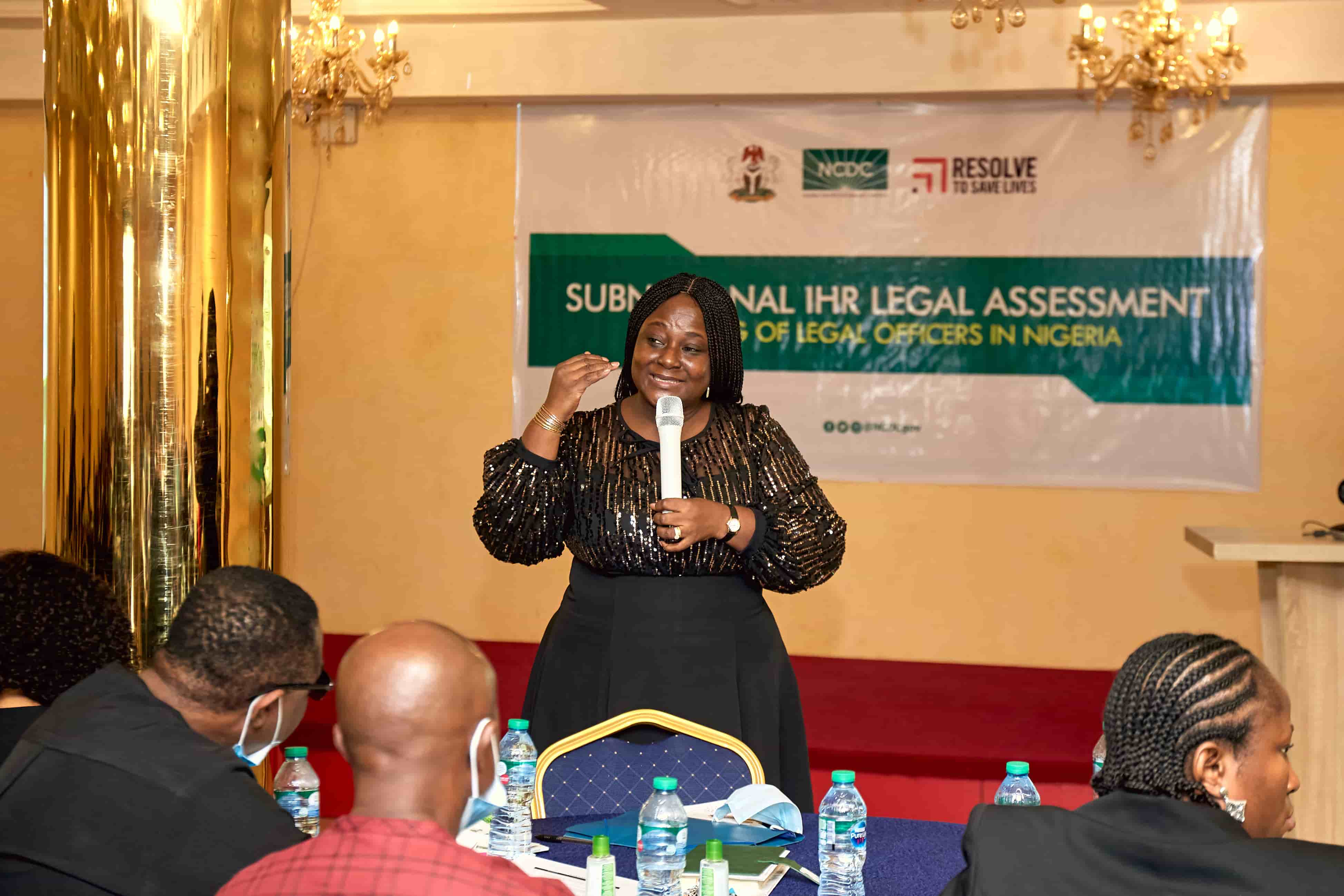
Presentation during a training workshop on the subnational legal assessment guide
Having this single repository of information—a collection of an assessment toolkit, a facilitation guide and a report template—was a helpful starting point. NCDC, with RTSL’s support, held a training workshop to discuss the tool with more than 50 legal officials from Nigeria’s states and found that 45% of participants had not used or analyzed any subnational public health legislation in the past three years, and that 54% of participants did not have access to soft or hard copies of public health laws and regulations in their states.
The workshop, which was held in May 2022 and was covered by local media, provided an opportunity for legal and technical officials to connect on public health issues. Many participants had limited knowledge about Nigeria’s laboratory systems or integrated disease surveillance and response, much less how these relate to the law (which they do, for example, in requiring guidelines and standard operating procedures for surveillance and response measures). A follow-up form found that 89% of participants in the training found it useful.
“The legal workshop was the first of its kind, and it has broadened our knowledge on areas outside the usual public health law provisions. It has greatly impacted the key components of assessing laws in Nigeria, especially the untapped public health emergency laws and regulations which before now were not given much attention,” said Safiya Musa, the NCDC Legal Adviser.
Echoed Dr. John Ossiomah Bosseh Esq., Director of Legal Services at Disputes at the Edo State Ministry of Health: “I must sincerely thank NCDC and RTSL for giving me the opportunity to attend this unique training seminar and to be a vital part of a new process in the design and implementation of the legal framework for the scheme of activities that affect the public health space of our beloved (Edo) state and country in line with the globally WHO legislated IHR (2005), based on our local content and capabilities.”
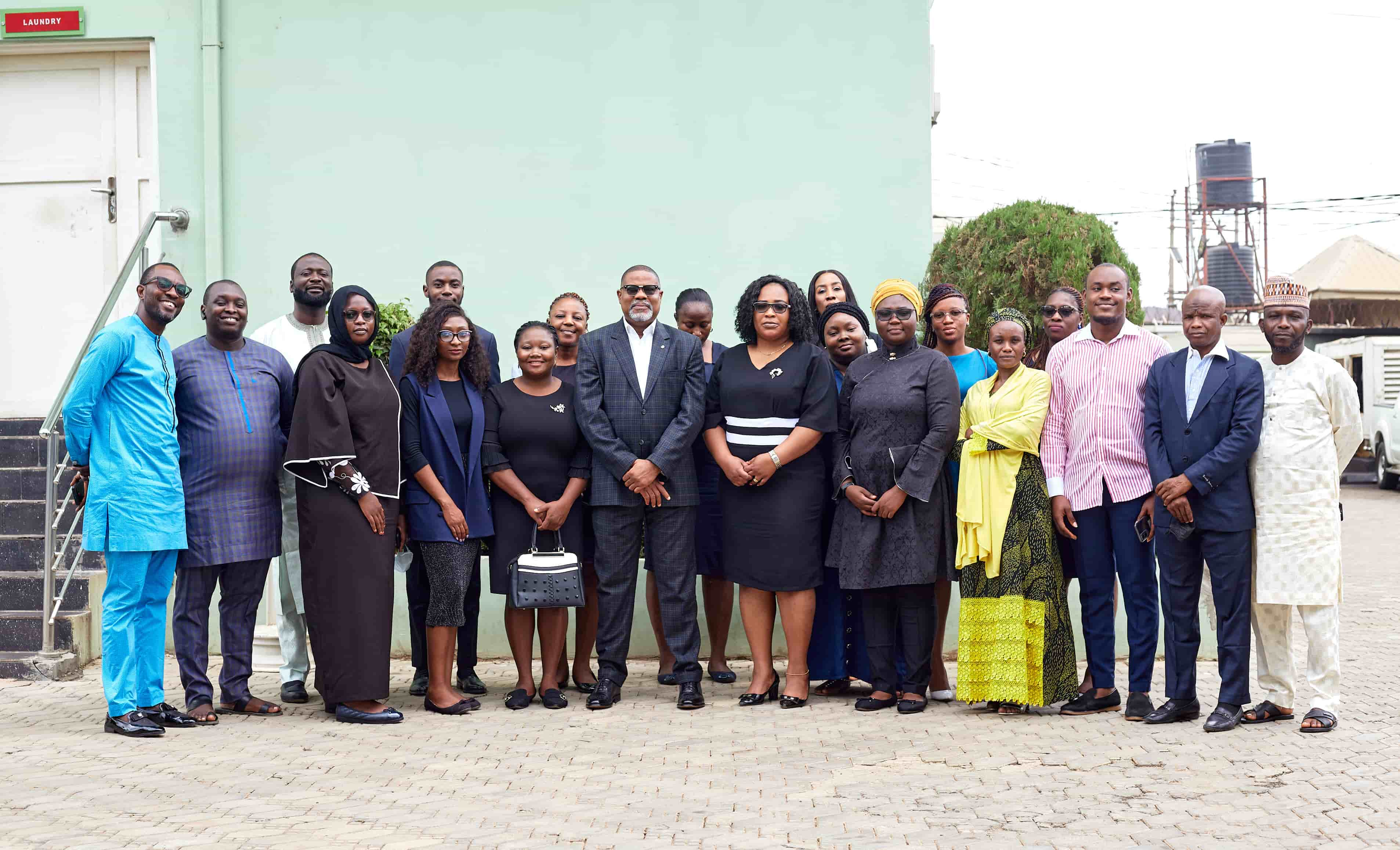
Attendees at a training on the subnational legal guide
Thus far, the subnational legal assessment guide has been used in six of Nigeria’s 36 states as well as the Federal Capital Territory. Building on this assessment, Enugu, Kebbi, Kaduna, Kano, and Jigawa have drafted health security bills to improve their legal frameworks for epidemic preparedness.
“Simply knowing where to start is a challenge in any legal reform,” said Cédric Apercé, Senior Legal Advisor at Resolve to Save Lives. “The subnational legal guide provides a valuable blueprint for Nigerian officials to better understand their legal frameworks and to build stronger health security laws.”
Case study: A subnational legal assessment in Jigawa State
The subnational legal assessment in Jigawa—a northern Nigerian state bordering Niger—yielded multiple fruitful insights. It determined, for example, that various laws and regulations did not clearly define key public health terms—for example that the terms “public health risk” or “surveillance” were not defined—which created “ambiguity about their meanings within the State’s legal framework.” It also found that national and state officials had no legal obligation to share information about disease threats with each other, and that the rights of people undergoing isolation or quarantine were not explicitly protected, among other gaps. Such gaps are likely to delay notification of public health events, identification of threats and limit public health adherence with control measures when those are most needed.
Armed with recommendations to address these and other gaps, officials from Jigawa’s Ministry of Health and RTSL drafted a health security bill that will reinforce public health surveillance in the state, protect individual rights, and ensure adequate communication with federal authorities and NCDC. If passed by the State House of Assembly, the new law will not only better protect residents of Jigawa from public health threats, but also enhance Nigerian health security overall. In a federated state like Nigeria, the complementary nature of subnational and national legal frameworks can work together to comprehensively strengthen health security.
“Having been among the first States that Resolve to Save Lives engaged, with regard to the Public Health Security Bill, I first and foremost became abreast with the concept. Secondly, at the training organized in Abuja, I assumed a pole position in the entire discussions with states that were being engaged for the first time,” said Usman Adamu, Director of Legal Drafting at Jigawa State’s Ministry of Justice. “Resolve to Save Lives has widened my horizon on public health, and I will be eternally grateful for the opportunity.”
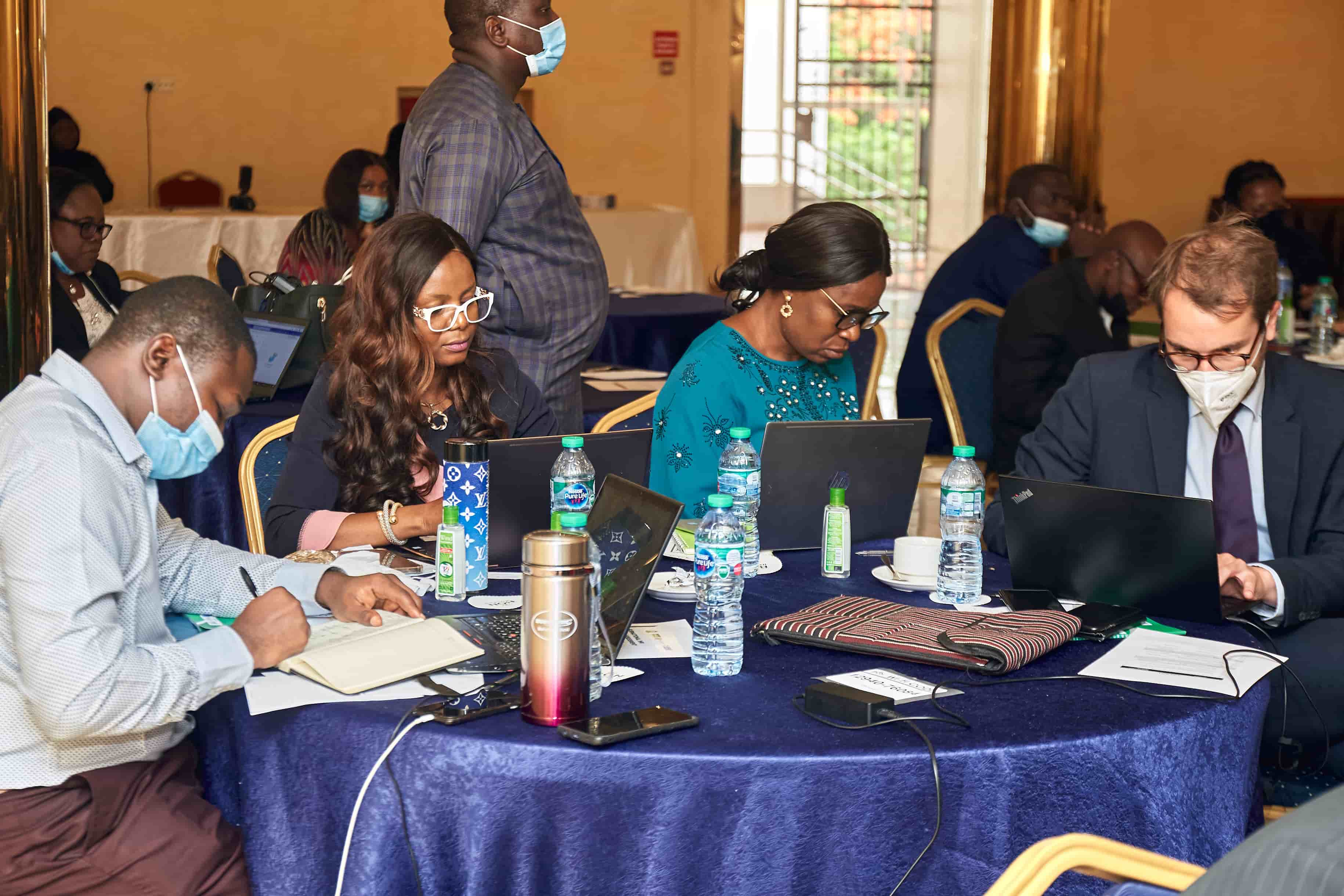
Attendees at work during a training on the subnational legal assessment guide
In 2023, the NCDC Legal Department, the Lifeline Centre for Medical and Advocacy Rights, RTSL and Health Ethics & Law Consulting will continue to support the roll-out of legal assessments in all Nigerian States.
“The subnational legal assessment of public health laws has established the groundwork for a drive for public health legal reforms in the various Nigerian states” said Emem Udoh, RTSL Legal Advisor in Nigeria. “This high level of enthusiasm for legislative reform can be attributed to the fact that the process is very inclusive, participatory and supports a whole-of-government approach to evaluating health laws. This process has helped state stakeholders comprehend the legal obligations imposed by the IHR (2005), as well as the extent to which their current laws have embraced or incorporated these obligations. As a result, it is easier for these states to undertake and carry out reforms to the different legislative instruments aimed at updating their public health legal system.”
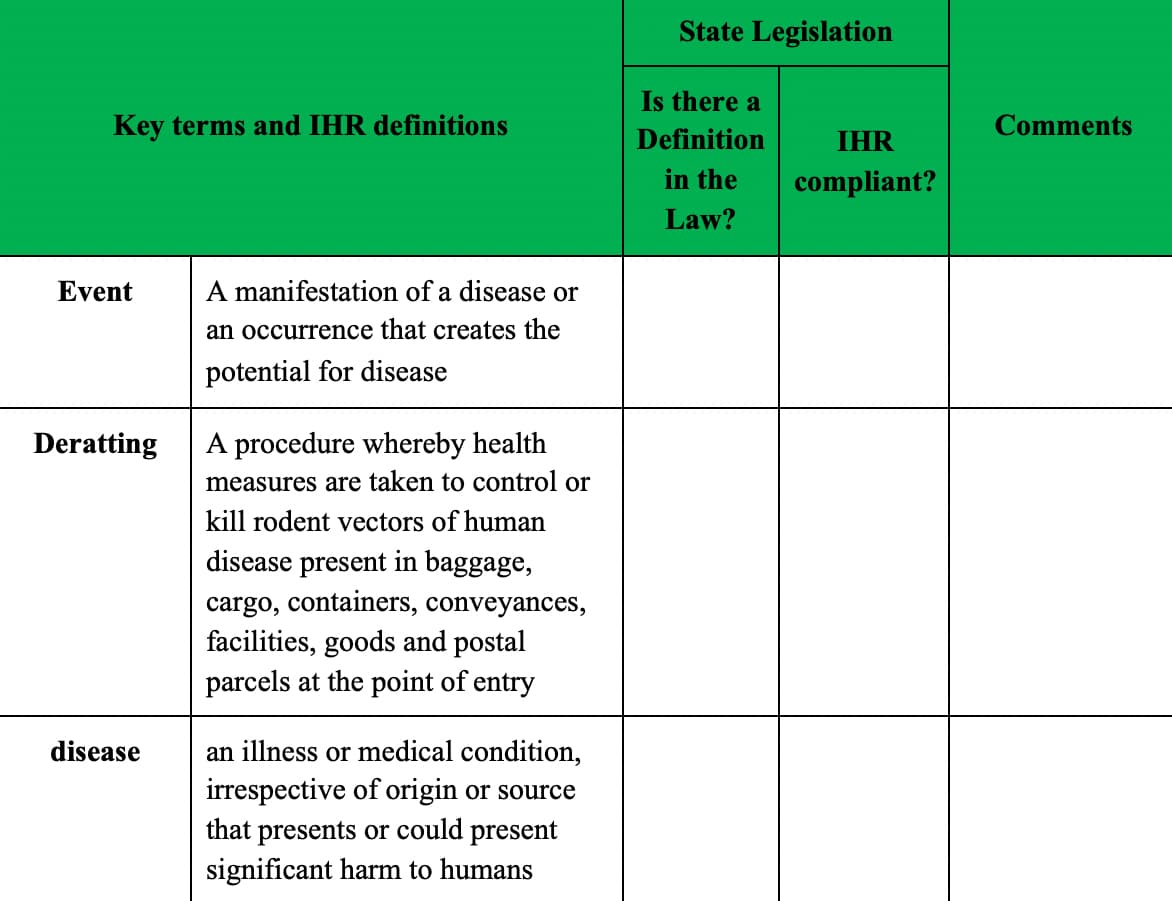
Example from the report template for subnational legal assessments




